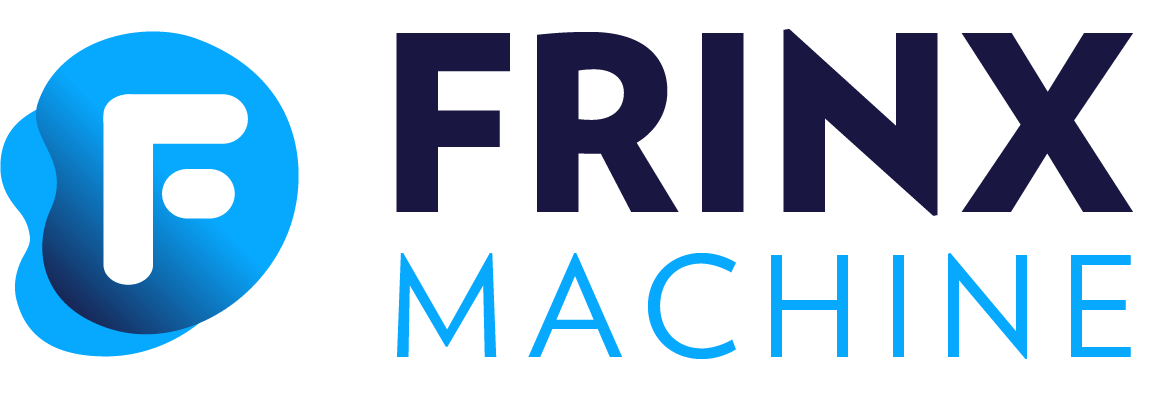#
Updating installation parameters
During device installation, UniConfig creates a mountpoint for the device and stores it in the database. The mountpoint contains all parameters set in the installation request.
UniConfig includes a feature to update mountpoint parameters, which can be used for NETCONF, CLI and gNMI nodes.
#
Show installation parameters
Parameters for installed devices can be shown using a GET request on the node, which returns the current node settings. Make sure to specify the right topology. See below for examples.
By default, the NETCONF, CLI and gNMI topologies have the password parameter encrypted. This can be changed
in the corresponding YANG schema by adding or removing the frinx-encrypt:encrypt extension flag.
CLI node
curl -X GET \
http://127.0.0.1:8181/rests/data/network-topology:network-topology/topology=cli/node=cliNodeOutput:
{
"node": [
{
"node-id": "cliNode",
"uniconfig-config:install-uniconfig-node-enabled": true,
"cli-topology:host": "192.168.1.225",
"cli-topology:transport-type": "ssh",
"cli-topology:dry-run-journal-size": 150,
"cli-topology:username": "test",
"cli-topology:password": "rsa_lfOgcqEIl/d2E5SxZ5xFJY0hzwrauUu6l...",
"cli-topology:journal-size": 150,
"cli-topology:port": 22,
"cli-topology:device-version": "6.2.3",
"cli-topology:device-type": "ios xr"
}
]
}NETCONF node
curl -X GET \
http://127.0.0.1:8181/rests/data/network-topology:network-topology/topology=topology-netconf/node=netconfNodeOutput:
{
"input": {
"node-id": "netconfNode",
"netconf": {
"netconf-node-topology:host": "192.168.1.216",
"netconf-node-topology:port": 830,
"netconf-node-topology:tcp-only": false,
"netconf-node-topology:username": "test",
"netconf-node-topology:password": "rsa_lfOgcqEIl/d2E5SxZ5xFJY0hzwrauUu6l...",
"netconf-node-topology:session-timers" : {
"netconf-node-topology:keepalive-delay": 0
},
"netconf-node-topology:other-parameters" : {
"netconf-node-topology:edit-config-test-option": "test-then-set"
},
"uniconfig-config:uniconfig-native-enabled": true,
"uniconfig-config:blacklist": {
"uniconfig-config:path": [
"openconfig-interfaces:interfaces", "ietf-interfaces:interfaces", "openconfig-vlan:vlans",
"openconfig-routing-policy:routing-policy", "openconfig-terminal-device:terminal-device"
]
}
}
}
}gNMI node
curl -X GET \
http://127.0.0.1:8181/rests/data/network-topology:network-topology/topology=gnmi-topology/node=gnmiNodeOutput:
{
"node": [
{
"node-id": "sonic",
"uniconfig-config:sequence-read-active": true,
"uniconfig-config:uniconfig-native-enabled": true,
"uniconfig-config:whitelist": {
"path": [
"openconfig-interfaces:interfaces",
"openconfig-network-instance:network-instances",
"openconfig-relay-agent:relay-agent",
"openconfig-port-group:port-groups",
"openconfig-mclag:mclag",
"openconfig-lldp:lldp",
"sonic-vlan:sonic-vlan",
"openconfig-platform:components",
"openconfig-system:system",
"openconfig-neighbor:neighbor-globals",
"sonic-mclag:sonic-mclag"
]
},
"uniconfig-config:admin-state": "unlocked",
"gnmi-topology:schema-cache-directory": "gnmi-topology-v400-7",
"gnmi-topology:extensions-parameters": {
"gnmi-parameters": {
"use-model-name-prefix": true
},
"gnmi-force-capabilities:force-cached-capabilities": [
null
]
},
"gnmi-topology:session-timers": {
"request-timeout": 180
},
"gnmi-topology:connection-parameters": {
"port": 8080,
"credentials": {
"username": "<username>",
"password": "rsa_J1H0YDNQSvmGrn5QP+MfBLF9OOzWEaWJElcr7K5ew7enUr...."
},
"device-type": "sonic",
"host": "10.19.0.252",
"connection-type": "INSECURE"
},
}
]
}
#
Update installation parameters
To update node installation parameters, use a PUT request with an updated request body copied from the GET request in the previous section. Single parameters can also be updated with a direct PUT call to the specific parameter.
If the password parameter is set to be encrypted, changing it will encrypt the input value.
CLI node
Update multiple parameters:
hostdry-run-journal-sizejournal-size
curl -X PUT \
http://localhost:8181/rests/data/network-topology:network-topology/topology=cli/node=cliNode \
-d
'{
"node": [
{
"node-id": "cliNode",
"uniconfig-config:install-uniconfig-node-enabled": true,
"cli-topology:host": "192.168.1.230",
"cli-topology:transport-type": "ssh",
"cli-topology:dry-run-journal-size": 170,
"cli-topology:username": "test",
"cli-topology:password": "test",
"cli-topology:journal-size": 160,
"cli-topology:port": 22,
"cli-topology:device-version": "6.2.3",
"cli-topology:device-type": "ios xr"
}
]
}'Update a single parameter:
host
curl -X PUT \
http://localhost:8181/rests/data/network-topology:network-topology/topology=cli/node=cliNode/cli-topology:host \
-d
'{
"cli-topology:host": "192.168.1.230"
}'NETCONF node
Update multiple parameters:
hostkeepalive-delay
curl -X PUT \
http://localhost:8181/rests/data/network-topology:network-topology/topology=topology-netconf/node=netconfNode \
-d
'{
"input": {
"node-id": "netconfNode",
"netconf": {
"netconf-node-topology:host": "192.168.1.214",
"netconf-node-topology:port": 830,
"netconf-node-topology:tcp-only": false,
"netconf-node-topology:username": "test",
"netconf-node-topology:password": "test",
"uniconfig-config:uniconfig-native-enabled": true,
"netconf-node-topology:session-timers" : {
"netconf-node-topology:keepalive-delay": 5
},
"netconf-node-topology:other-parameters" : {
"netconf-node-topology:edit-config-test-option": "test-then-set"
},
"uniconfig-config:blacklist": {
"uniconfig-config:path": [
"openconfig-interfaces:interfaces", "ietf-interfaces:interfaces", "openconfig-vlan:vlans",
"openconfig-routing-policy:routing-policy", "openconfig-terminal-device:terminal-device"
]
}
}
}
}'Update a single parameter:
host
curl -X PUT \
http://localhost:8181/rests/data/network-topology:network-topology/topology=topology-netconf/node=netconfNode/netconf-node-topology:host \
-d
'{
"netconf-node-topology:host": "192.168.1.214"
}'After these changes have been made, use the GET requests in the Show installation parameters section above to see that the parameters have actually been changed. You can also use the GET request for a single parameter.
